She Dies Tomorrow: Kate Lyn Shiel’s take on the off-the-wall psychological thriller
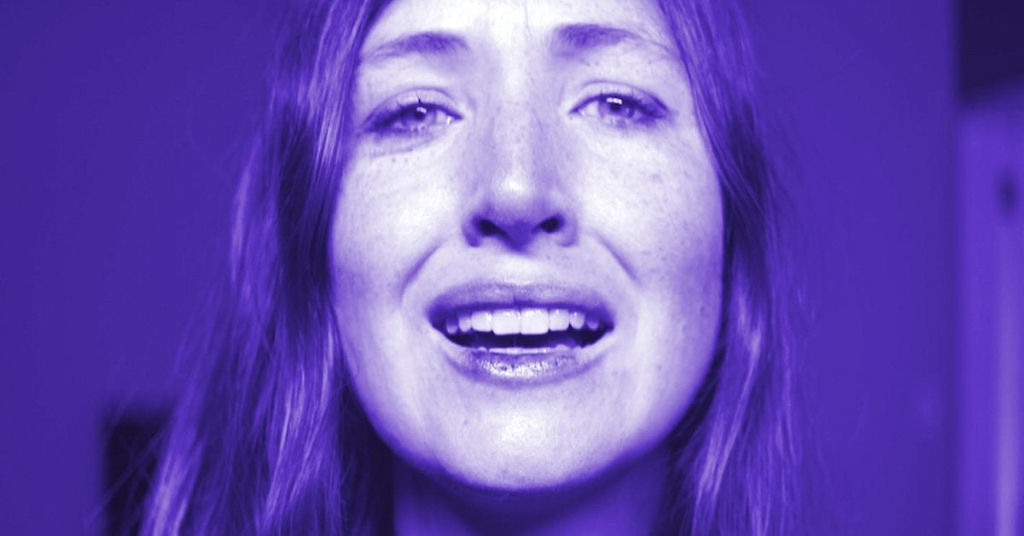
The Upcoming had the chance to meet Kate Lyn Shiel, star of Amy Siemetz’s genre-defying She Dies Tomorrow, and hear her take on the off-the-wall, darkly comic psychological thriller. The eerily prophetic film grapples with the idea of how we accept or resist the idea of our own mortality, following a seemingly contagious “mind virus” that spreads from a woman convinced she will die the next day.
Here’s what we learned…
Hi Kate! Thank you so much for taking the time to speak with us and congratulations on this really wonderful, unique film.
Thank you so much! Thank you for watching it.
It’s one of those films that’s pretty hard to define in lots of ways. It sits somewhere between a comedy-horror and an experimental film. How would you summarise what She Dies Tomorrow is about?
Right. I guess I would say that it is about a woman who is very certain that she is going to die the following day, and the way that that information becomes contagious. It’s about the way that thoughts travel; it’s about the existential dread that that information sort of drums up in a person. But it’s hopefully funny – I think it’s funny.
What was it about this film that made you want to be involved? So much of it comes out through the visual way Amy translates it to the screen. What was it about the concept that drew you in?
Well, Amy and I have known each other for a long time – we’re old friends and I’m such a fan of her work, even outside of that friendship. So when she asked me to be a part of it, there was no question in my mind because I think she’s so brilliant. But also, separately, the idea of a sort of mind virus and thoughts being viral to some degree was very fascinating to me.
Coming to your character of Amy: how did you see the character and how did you prepare to play her? What kind of mindset did you need to be in?
From the beginning, Amy and I knew that from the first frame of the movie my character would have this very certain feeling that she was going to die the following day. Something we talked about a lot early on was the idea that she wouldn’t handle that information heroically or particularly gracefully, or even really be able to grasp the magnitude of the information. So a lot of it for me was sort of trying to reach moments of catharsis and failing to do so, which I think Amy and I both thought was very funny and very human. Like, you know, she stands at the sink and tries to get herself to cry. She thinks maybe that would be helpful and then can’t quite get there. Acting-wise you could consider it a tall order, that maybe really she’s trying to feel things and it’s not really working out for her, as that’s not an easy thing to play. But it’s a very natural thing to do, to sort of try to get somewhere performance-wise and then wherever you land, it sort of fits with the character, if that makes sense? Amy’s an amazing director, so she really creates a space where you can find the performance within the parameters that she creates. She really makes it as easy for you as possible. I give all credit to her.
Despite it being quite an intense film, it looks like it was actually a lot of fun to make, especially for your character. Did you feel that you could let loose and really lean into those deadpan humorous bits, as well as the more serious moments? Like when she wants her body to be made into a leather jacket so she can be useful after her death…
Yeah, absolutely. I mean, Amy and Jane and I have all known each other for a long time now, and I think one of the reasons we gravitate toward one another is that we do find similar things funny and find humour in grave moments. And so, yeah, it was so much fun to shoot. And, of course, whenever Amy would run one of these ideas by me – like when she introduced the idea of the leather jacket to me – she was just giggling and I felt the same way. So yeah there was a lot of laughter. I love it when people watch the movie and one of the first things that they talk about is that they find it funny, because that’s certainly where we’re coming from.
Thinking about the timing of the film’s release – who could have predicted that it would come out in a moment where we are living through a physical virus? How do you feel about the way the film will play out in this moment?
It’s very strange timing. But also everything is so incredibly strange and couldn’t have been foreseen, so in a way, of course it’s so strange to have the movie being released right now, but it feels no stranger than anything else that’s happening, you know? I think that people potentially will have a more intense reaction to the movie, since we’re stuck at home for the most part, dealing with our own existential crises and fear and anxiety – and they’re some of the themes that the movie grapples with. So it’s an interesting time for it to come out. I hope that people watch it and feel seen in some way, or have some sense of catharsis watching it, or feel less crazy in whatever they’re emotionally processing. But it’s certainly very weird that Amy made a movie about a virus a year ago, and here we find ourselves.
There are a lot of perhaps deliberately unanswered questions in the film. Do you have your own theory about it?
I certainly had my own sort of secret ideas or ways to make it specific for myself. But I do think that, in general, what Amy was trying to explore is, as you said, this idea that death is always there, and whatever your relationship to it is – whether you’re obsessed with it or trying constantly to ignore it, or have been touched by it recently – we’re all just going through life constantly in relation to this thing. And I think she did a really incredible job exploring that, and trying to visually get at something that is hard to talk about with words.
Perhaps owing to having a female director and a lot of female actresses that all know each other, the film has a really strong feminine energy. Did you feel that way when making it or watching it?
Yeah, absolutely. I love working with Amy so much; I love working with Jane so much. There was a particularly feminine energy on set. You’re the first person who’s asked that specific question so I don’t really have my thoughts gathered about it! I do think that the movie somehow feels like a particularly feminine way of dealing with trauma somehow. But you know, working with Amy is essentially my favourite working experience, and I think that there’s a shorthand between us because we know one another so well. But there also is just a shorthand because we share this gendered experience of the world.
Have you already got something in the pipeline for what you’re doing next, or has everything been put on pause because of the pandemic?
Yeah, I’m not really sure what’s next for me. Aside from moving out of my apartment – that’s my big plan! But we’ll see.
Thinking about how visual and quite visceral the film is, one hopes people will get to see it on the big screen at some point.
Yeah. I know that it has played at drive-ins, and that’s so wonderful and so cool. I hope one of these days down the line I do get to see it on a big screen in a movie theatre. That would be very nice.
Thank you so much for sharing all that with me. And best of luck with whatever you do next!
Thank you so much. Thank you for talking to me. I really appreciate it.
Sarah Bradbury
Photo: Brett Allen Smith
She Dies Tomorrow is released digitally on demand on 28th August 2020. Read our review here.
Watch the trailer for She Dies Tomorrow here:

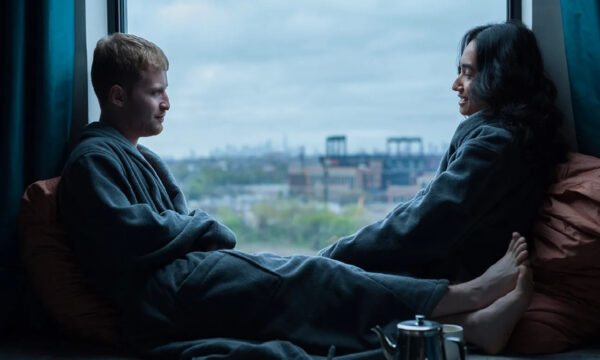
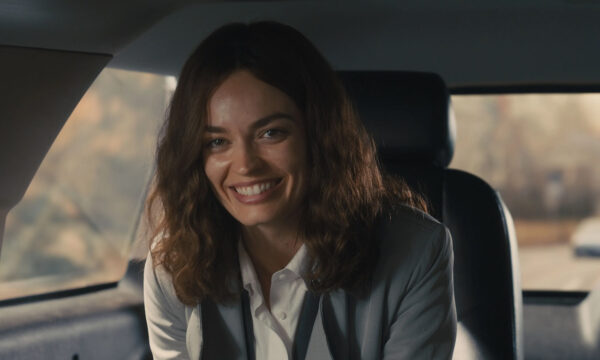
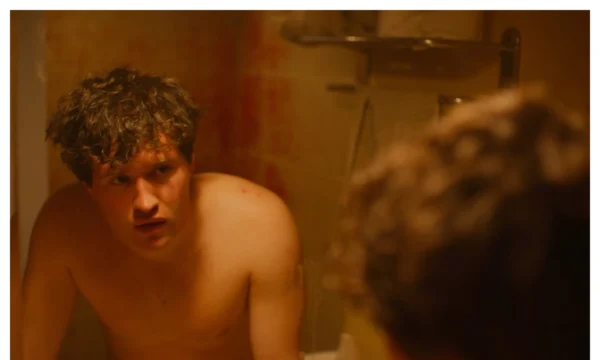

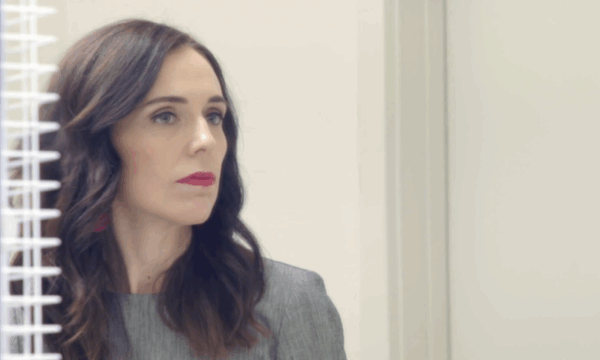

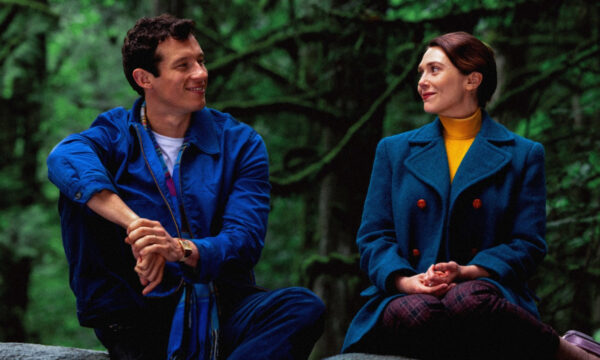
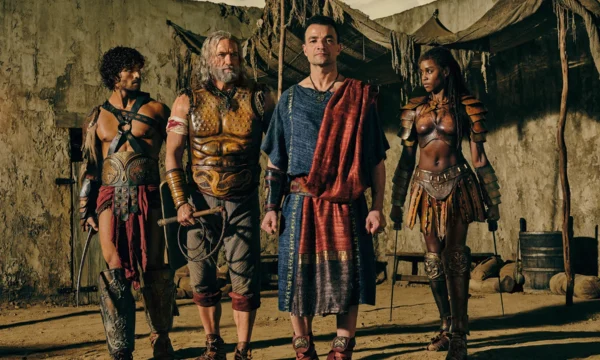
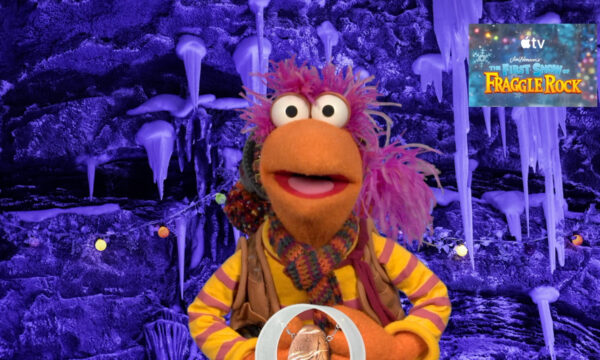














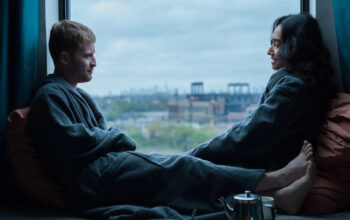
Facebook
Twitter
Instagram
YouTube
RSS